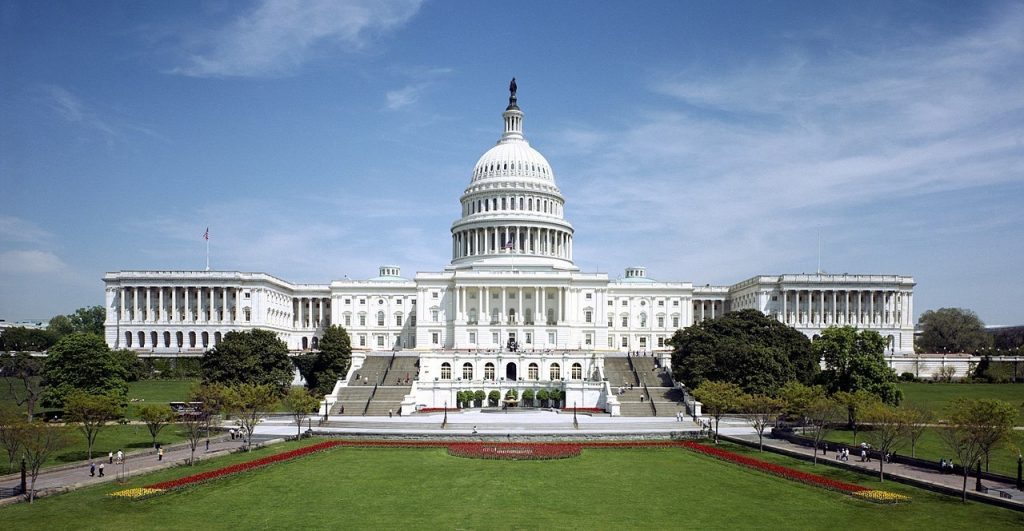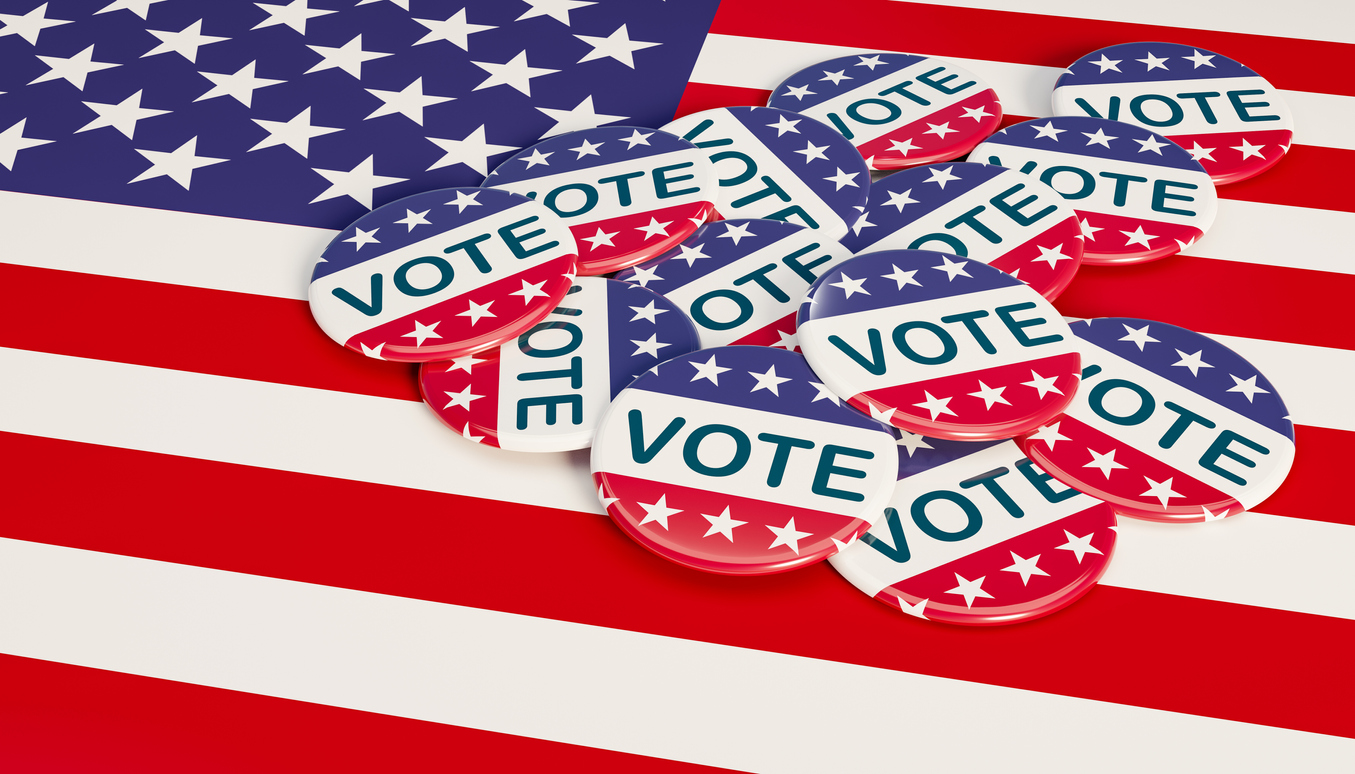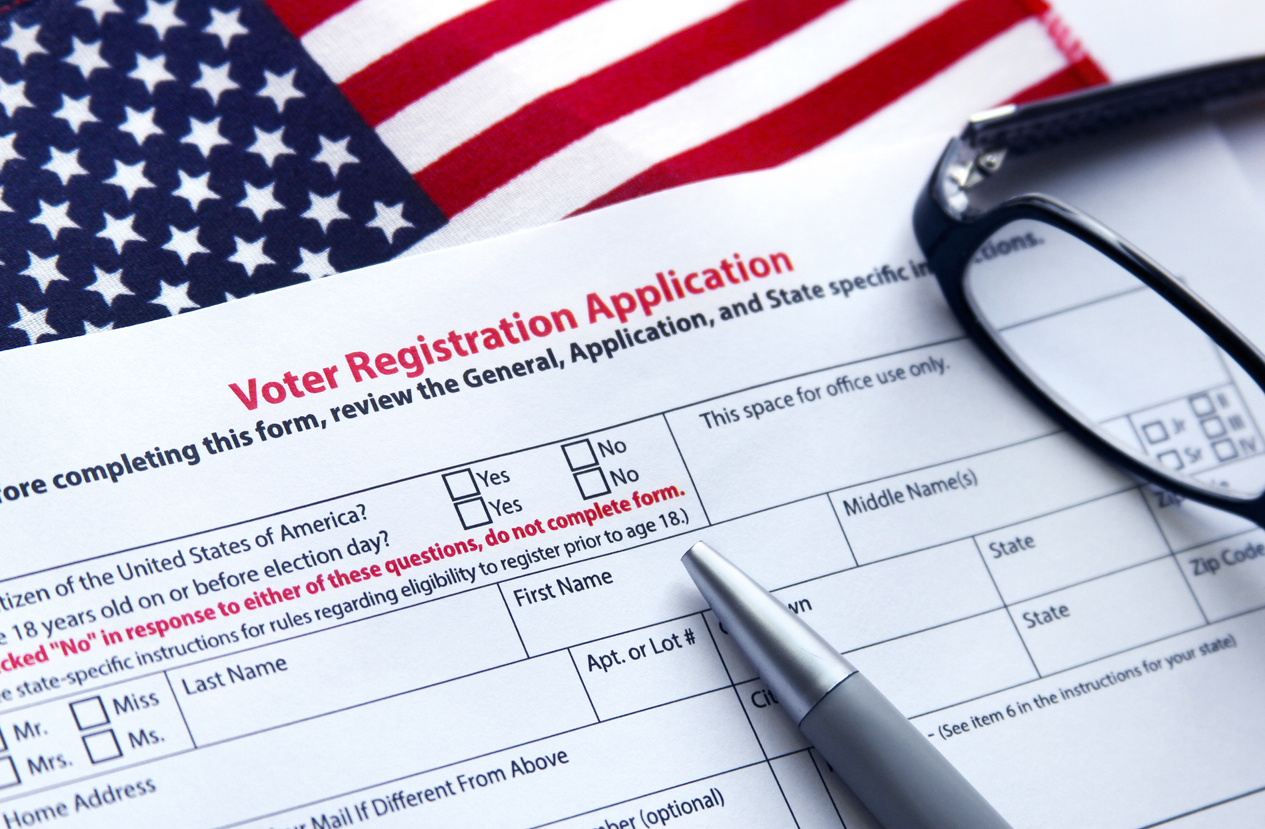As state legislatures across the country wrap up their sessions, we are taking the opportunity to review the current status of the legalization of recreational-use marijuana.

In today’s update, we focus on current federal policy, and the latest developments in Connecticut, Illinois, and New Jersey.
Federal Policy
While there have been no major changes since our previous update, the support for legalization has gained additional traction among the Democratic candidates for their Party’s presidential nomination in 2020.
Specifically, just today, Sen. Kirsten Gillibrand (D-NY) released her plan for federal legalization. According to reporting by The Hill, her plan includes “establishing a process to regulate and tax marijuana production, expunging all nonviolent marijuana convictions, expanding medical access to marijuana to all private and many federal health plans, investing in research into the drug’s health benefits, and directing funds gained through taxes to communities of color and women- and minority-owned small cannabis businesses.”

That said, there have also been calls from the Republican side of the aisle to change the way the federal government treats recreational marijuana. A bipartisan group of twelve governors this week issued a letter to Congressional leaders urging them to pass the Strengthening the Tenth Amendment Through Entrusting States (or STATES) Act.
The letter specifically calls on Congress to “honor state action by codifying protection at the federal level for those businesses and consumers operating in accordance with state law.”
The governors write that “The STATES Act is not about whether marijuana should be legal or illegal; it is about respecting the authority of states to act, lead and respond to the evolving needs and attitudes of their citizens.”
It will be interesting to watch how this issue plays out on the 2020 campaign trail, especially given President Trump’s apparent willingness to sign the STATES Act, or similar legislation.
Connecticut
In our most recent Legislative Update on legalization in Connecticut, we laid out the legislative plan and strategy that was to be followed by legislators in the Constitution State.
Under the proposed plan, each of three Committees – General Law, Judiciary, and Finance – would pass their own piece of the overall package. These separate items would then be combined into one overall push to achieve legalization.
While these committees did accomplish their goal of moving legislation out into the General Assembly, it failed to gain much traction beyond that initial step.

With a straight legislative effort likely dead in the water, leaders in Connecticut are now looking at their options to put the question directly to the voters through a referendum and constitutional amendment.
Under Connecticut law, if both chambers of the legislature pass a resolution by a three-quarters vote, the question can appear on the ballot in the next biennial state election.
However, if one of the two chambers fails to reach that three-quarters threshold, the issue must again be passed in the 2021 session of the legislature, at which point a simple majority in both houses means the question would appear on the ballot in 2022.
Even if the question does appear on the ballot, of course, a majority of Connecticut voters would be required to approve measure.
The optimism that this could be achieved by the end of the regular session on June 5th appears to have been misplaced, but proponents firmly believe that the legalization question is a matter of “when” not “if.”
Illinois
In what could become a model for legislatures around the country, Illinois is on the cusp of becoming the first state to legalize recreational marijuana through the legislative process.
While 10 states already enjoy the benefits of legalization, these have all come at the hands of a referendum by the voters. Illinois beat both New Jersey and New York to the punch on passing legislation through both chambers and sending it to the Governor for his imminent signature.
Beginning in January, those 21 years and older will be permitted to possess up to 30 grams, or just over an ounce, of cannabis flower, and 5 grams, of cannabis concentrates such as hash oil. Additionally, Illinois residents will be permitted to carry up to half a gram of edible marijuana-infused products.
However, this measure does not come without some serious limitations, including:
- Smoking remains prohibited in public places
- Usage is prohibited while operating a vehicle
- Usage is prohibited in the presence of someone under 21
- Businesses and educational institutions retain the right to ban its use on their grounds
- A landlord can prohibit its use by tenants in their homes/apartments
- Companies retain the right to maintain a zero-tolerance policy and continue drug testing for marijuana as a condition of employment
- Municipalities retain the right to disallow cannabis related companies from operating within their jurisdictions
Despite the regulations, this law is widely considered to be one of the most effective in terms of addressing issues related to criminal and social justice.
New Jersey
The legalization of recreational marijuana appears to be the latest victim of the ongoing internal political struggles of the New Jersey Democratic Party in Trenton.

Specifically, the showdowns between Governor Phil Murphy and Senate President Steve Sweeney, have contributed to an environment in which lawmakers could not get to a final agreement on legalization.
In mid-May, Senator Nicholas Scutari, the legalization bill’s sponsor and chief advocate in the Senate, stated that the bill was just two votes shy of passage in the Senate, and that he believed it would pass the Assembly and head to the Governor’s desk for his signature.
However, Senate President Sweeney was less optimistic about its chances, which appeared unchanged since a cancelled vote in late March.
Until now, legalization had been linked to an expansion of the Garden State’s medical marijuana program, as well as to criminal justice reform related to marijuana offenses. Proponents believed that this was the most effective way to secure legalization, along with the other two top priorities for advocates.
Bowing to pressure from the Governor, and members of his own caucus, Senate President Sweeney has relented and uncoupled the three measures, resulting in a bill aimed at expanding the state’s medical marijuana program.
However, Governor Murphy appears unwilling to wait for the legislature to act, announcing just this week that he would be expanding the medical program administratively, rather than wait for a legislative solution.
The Governor’s move drew sharp criticism from Sweeney and Assembly Speaker Craig Coughlin. Governor Murphy claims that his action does not conflict with the bill currently making its way through the legislative process.
As far as the legalization of recreational marijuana, advocates in New Jersey are placing all of their efforts toward a 2020 ballot measure, which they believe will be a success. Given the higher voter turnout in a presidential election, particularly among millennial voters, they believe that legalization is an inevitability.
Our team here at Duane Morris Government Strategies will continue to monitor these, and any developments in state capitals across the country as the debate surrounding adult-use marijuana rages on.
Latest News
Photo credit: iStock.com/yevtony Last week, the National Governors Association (NGA) elected Utah Governor Spencer Cox (R) as its new Chair and Colorado Governor Jared Polis (D) as NGA Vice Chair. Cox succeeds New Jersey Governor [...]
Photo credit: iStock.com/Torsten Asmus Texas voters have already submitted their ballots for the 2022 primary election. More states have their primary elections on the horizon. With the 2022 primary election season nearly upon us, many [...]
Photo credit: iStock.com/triocean DMGS has previously reviewed state government public health measures, as they have imposed and rescinded masking requirements. Now, over two years into the pandemic and after various COVID-related emergency declarations being implemented, [...]
Photo credit: iStock.com/outline205. Automatic voter registration allows eligible individuals to become automatically registered to vote when they interact with certain agencies in the government, such as a state agency overseeing motor vehicles. While most people [...]






Stay In Touch